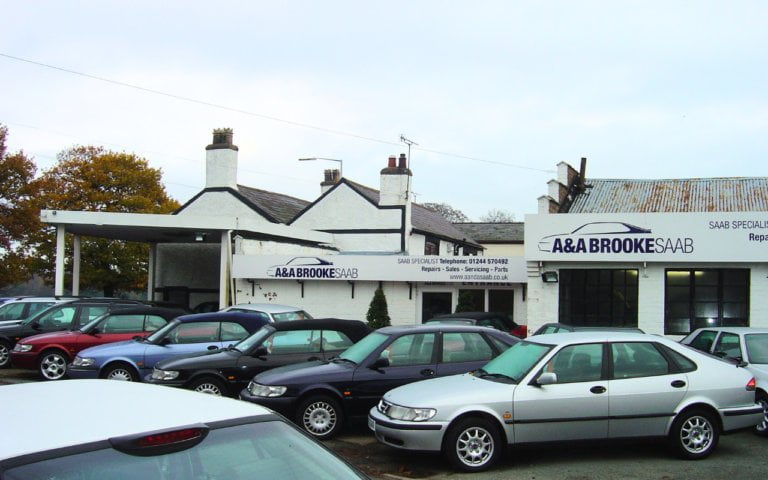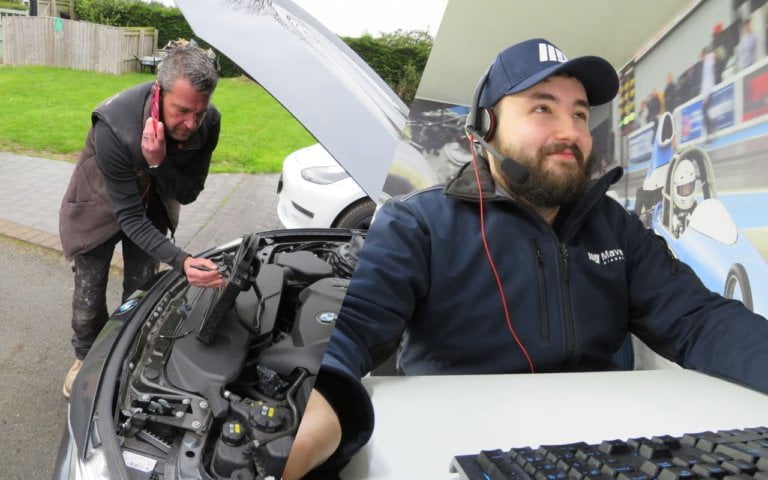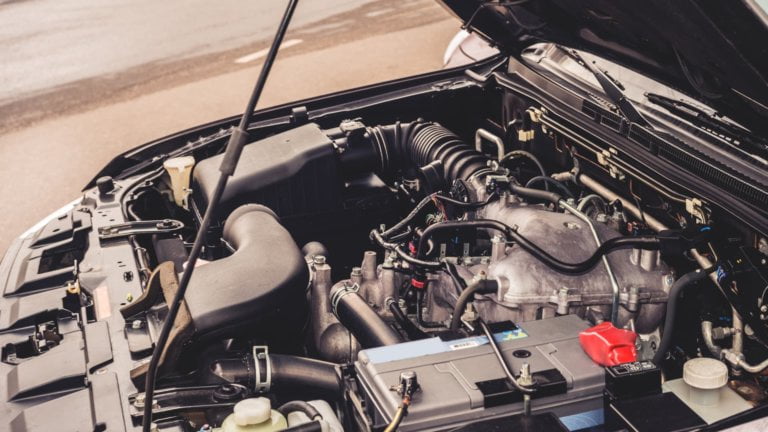Car service history books are on the decline. Manufacturers now are moving to paperless service recordings linked to servers; most already have, and they’re OEM.
There are various paperless service recording tools, with the most commonly seen ones being Digital Service Booklet (DSB), Online Service History (OSH), and Condition Based Service (CBS). The Condition Based Service is mostly associated with BMW.
These systems notify the vehicle’s user when maintenance is required, transferring the data to a server. This allows them to arrange an appointment for repair. The services are also affected by vehicle warranties which results in updates when needed and reliable service. However, the CBS used by BMW has had some issues, to name one a problem with resetting the system.
In terms of acquiring a paperless service recording, it can be a timely endeavour. There isn’t a universal model, it takes time for independent garages to research online and find the right fit; so leaving the paperless transition too late may leave your business disadvantaged. The application process can either be carried out through email or by the manufacturer’s website.
For customers, paperless service recordings aren’t locked to physical files that can be lost or difficult to access. As the recordings are stored on a server, the data can be quickly reached with no problem, a feature especially useful in showing prospective buyers of a vehicle its entire service history. Feedback is also instantaneous, with maintenance alerts appearing to the owner as soon as necessary.
“This system is not going to go away and to maintain a professional customer service, garages do have to engage”
Only authorized diagnostic tool dealers can access the records, aftermarket tools cannot be used for this task, and if they are the car will not log the fact that it’s been serviced.
The necessary step in remaining relevant for garages is to fully embrace this wave of paperless service records and to engage with the main dealer portal before they fall under.


